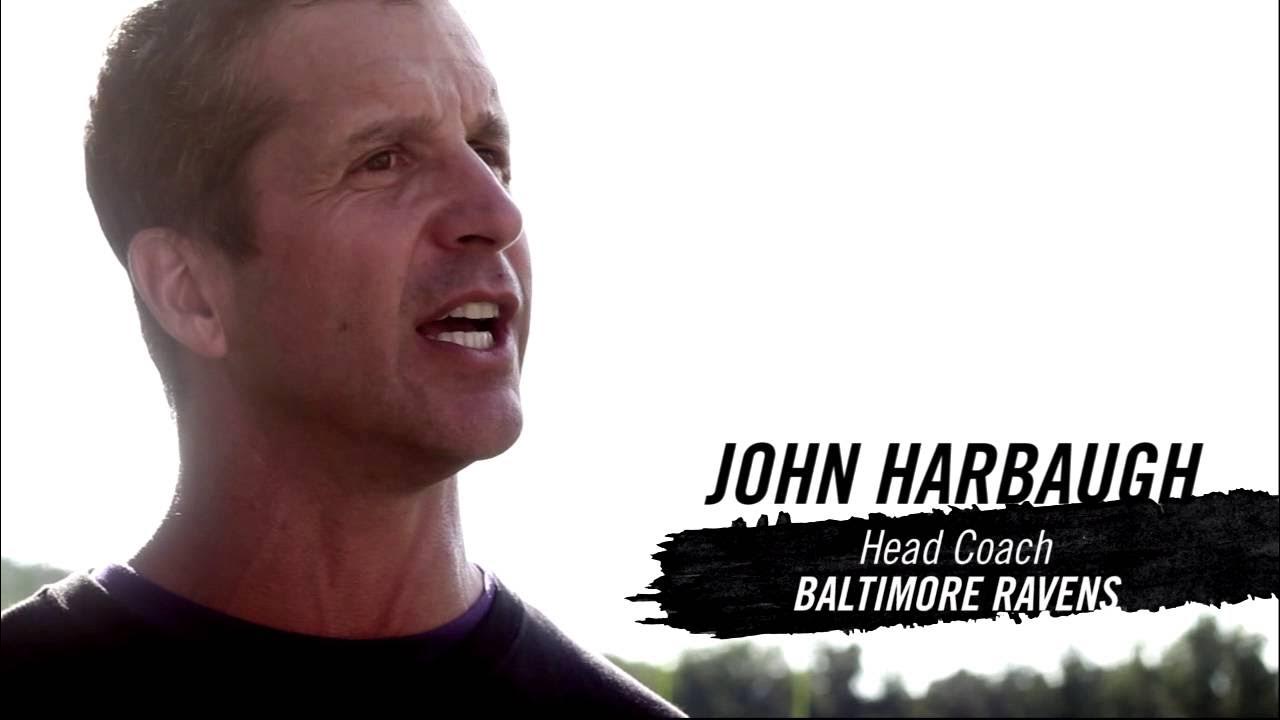What Great Leaders Actually DO
Summary
TLDRThe video script discusses the E6 framework for effective leadership, which includes envisioning a compelling future, enlisting others to share the vision, embodying the message with integrity, empowering individuals with decision-making authority, evaluating progress ethically, and encouraging team members continually. The speaker emphasizes the importance of involving others in the visioning process, equipping them with necessary skills, and maintaining a philosophy of collaboration and purpose to build a collective of leaders.
Takeaways
- 📘 Leaders must continuously envision a compelling future, different from the present, and have a clear view of what the world could be like tomorrow.
- 🔍 Envisioning is an active process, not a one-time event, requiring leaders to regularly consider and refine their vision for the future.
- 🤝 The 'E6' framework for leadership includes Envision, Enlist, Embody, Empower, Evaluate, and Encourage as the core practices for effective leadership.
- 👥 Enlist others by involving them in the creation of a shared vision, as people are more likely to support what they help create.
- 🧍♂️ Leaders should embody their message, demonstrating congruence between their words and actions to maintain integrity and trust.
- 💪 Empowerment involves giving people the authority and resources necessary to work towards the mission, fostering autonomy and success.
- 🔍 Evaluation is a critical practice for assessing progress, skills, needs, and ethics within the team or organization.
- 🔄 Consistent feedback is essential for maintaining alignment with the vision and addressing issues as they arise.
- 🌟 Encouragement is vital for maintaining motivation and morale, especially during challenging times.
- 👥 Leadership is not about having followers but about building a collaborative team of leaders and active participants.
- 🌱 A deep sense of purpose and mission is fundamental to leadership, inspiring and guiding the actions of the team.
Q & A
What is the main topic of the transcript?
-The main topic of the transcript is the framework of leadership known as the 6 E's, which includes envisioning, enlisting, embodying, empowering, evaluating, and encouraging.
What does the speaker emphasize as the first 'E' in the leadership framework?
-The first 'E' in the leadership framework is 'Envisioning', which involves creating a compelling and different future vision that is shared and inspiring to others.
Why is it important for leaders to continually envision the future?
-Continual envisioning is important because it keeps leaders focused on a long-term mindset and view, ensuring that they are always working towards a better future and not just maintaining the status quo.
What is the significance of 'Enlisting' in the leadership process?
-Enlisting is significant because it involves getting others to support and contribute to the vision. It recognizes that people are more likely to support what they help create, fostering a sense of ownership and commitment.
How does the speaker define 'Embodying' in the context of leadership?
-Embodying, in the context of leadership, means that leaders should demonstrate congruence between their message and their actions, embodying the values and behaviors that align with the vision they are promoting.
What is the role of 'Empowering' in effective leadership?
-Empowering involves giving people the authority, trust, and resources they need to contribute to the mission. It's about enabling others to take on responsibilities and succeed in their roles.
Why is 'Evaluating' a crucial part of the leadership framework?
-Evaluating is crucial because it helps leaders assess the contributions, skills, and ethics of their team members, ensuring that the organization is moving forward in an excellent and ethical manner.
What does the speaker mean by 'Encouraging' in the 6 E's of leadership?
-Encouraging refers to the leader's role in motivating, inspiring, and uplifting their team members, especially during challenging times, to maintain momentum and commitment towards the shared vision.
How does the speaker view the role of 'followers' in the leadership process?
-The speaker prefers not to use the term 'followers', instead emphasizing that people are collaborators and active participants in the leadership process, contributing to and shaping the vision.
What overarching philosophy does the speaker suggest should underlie the 6 E's of leadership?
-The overarching philosophy is one of purpose and mission, where leaders feel a deep sense of commitment to their work and respect and love for those they work with, fostering a collaborative environment.
How does the speaker describe the impact of implementing the 6 E's of leadership?
-The speaker describes the impact as transformative, creating a group of leaders and collaborators who are actively engaged in shaping and achieving the mission, rather than relying solely on one individual.
Outlines

Cette section est réservée aux utilisateurs payants. Améliorez votre compte pour accéder à cette section.
Améliorer maintenantMindmap

Cette section est réservée aux utilisateurs payants. Améliorez votre compte pour accéder à cette section.
Améliorer maintenantKeywords

Cette section est réservée aux utilisateurs payants. Améliorez votre compte pour accéder à cette section.
Améliorer maintenantHighlights

Cette section est réservée aux utilisateurs payants. Améliorez votre compte pour accéder à cette section.
Améliorer maintenantTranscripts

Cette section est réservée aux utilisateurs payants. Améliorez votre compte pour accéder à cette section.
Améliorer maintenantVoir Plus de Vidéos Connexes

Speak Like A Leader: How To Actually Make People Respect You

The Baltimore Ravens' John Harbaugh Discusses Servant Leadership

Are you a Manager or Leader?

KELOMPOK 6 - EMPLOYEE INVOLVMENT - MANAJEMEN MUTU TERPADU

Rich Wilkerson Jr. — 3 Essentials in Developing Leaders

S26E2 - Inspiring TED Talks Rewind - Creating Ethical Cultures in Business, with Brooke Deterline
5.0 / 5 (0 votes)
